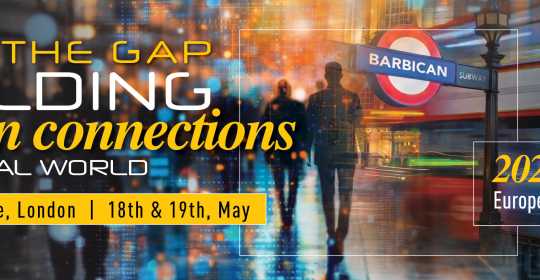The use of AI in recruitment continues to hit the headlines as 2021 unfolds. AI has long been predicted to play a transformative role in many aspects of our lives, but evidence suggests that its adoption in business processes accelerated as a result of the pandemic. As companies adjusted to hiring entirely online in 2020 due to lockdown restrictions, automation in recruitment processes became more widespread, transforming who and how companies recruit. For those committed to ensuring hiring becomes more inclusive and organisations more diverse, the potential for technology as part of recruitment is of huge interest. All humans have bias, unconscious or otherwise. And rarely is this more apparent than in hiring. As such, it seems reasonable to hope that technology holds the answers to achieving fairer outcomes.
Yet, although the appeal of AI is clear (and its use can be game-changing in recruitment), it is important to step back and assess exactly what processes can be positively changed right now with technology. By doing so we may need to reset our expectations so we can better focus on making realistic improvements and understand the role we have to play in driving them home.
A deep dive into interviews
When we look at recruitment in general, it is the interview process that can be the single most outcome-defining step as this is where organisations decide the makeup of their teams. HR professionals have known for some time that exceptional organisations need to conduct high-quality, fair interviews if they want to build high-quality, diverse teams.
Despite this, it has always been a daunting task for any company to ensure quality interview practises are adopted and executed reliably at any sort of scale. Unsurprising when you consider that for every 50 hires a top organisation makes, their people spend over 100 working days conducting interviews.
Consistency is key
A large part of improving interview quality lies in ensuring consistency. If an interview process is not consistent, then it’s hard to believe the hiring decisions made off the back of it will be. This is where establishing metrics becomes critical. Interview metrics focus on consistency and rigour to come up with a data-driven measure of the quality of interviews being conducted at all levels within a company. As part of this, AI-driven conversation analytics platforms record interviews and gather vital data including interviewer speaking time, number of questions asked, how often the interviewer probed with follow-up questions and the type of questions asked. It is this data that enables companies to identify interviews that are inconsistent and lacking rigour, which make bad or biased hiring decisions a good deal more likely.
Our own work has involved analysing tens of thousands of hours of interviews across a range of organisations. This rich and robust dataset has enabled us to swiftly highlight areas where companies need to improve. We now know, for example, that female candidates have 12% less time to speak during interviews than male candidates. This is worrying as, if women are getting less air-time than men, then decisions are being made based on factors other than interview performance – precisely the kind of unfairness we urgently need to eradicate if we are serious about making our organisations more diverse.
The role of the human
Conversation analytics platforms do not, however, exist in a vacuum and the value they add does not lie in replacing human beings. Quite the reverse. In this case, the technology works to help those interviewing to more effectively carry out their vital work. It helps to identify where an interviewer is being inconsistent and it adds much-needed rigour to a process that, in many cases, has previously been too informal and uncodified. Low-rigour interviews make it likely that you’re leaving valuable learnings about candidates on the table which makes final decisions harder to make and results in less efficient processes. This also leaves the door open for biases to creep in and bad hiring decisions to be made.
Interviewing is a fundamentally human activity and I firmly believe it should be kept that way. Skilled interviewers, empowered by data and AI-driven insights will achieve the best outcomes when it comes to hiring the best people for effective, diverse teams.






